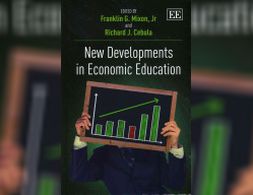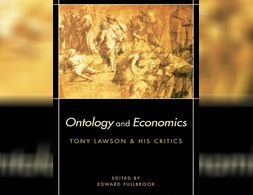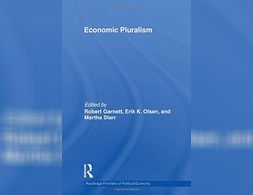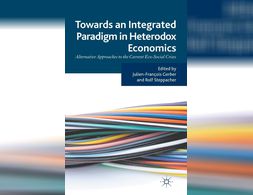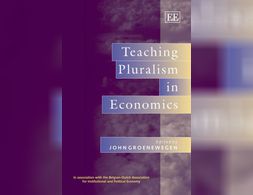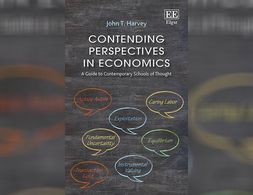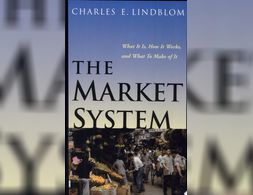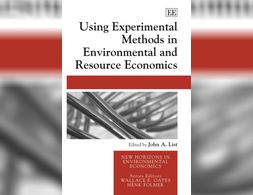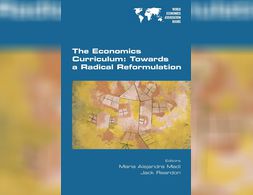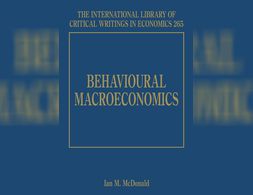1072 results
Tony Lawson has become a major figure of intellectual controversy on the back of juxtaposing two relatively simple and seemingly innocuous ideas. He has argued firstly that success in science depends on finding and using methods, including modes of reasoning, appropriate to the nature of the phenomena being studied, and also that there are important differences between the nature of the objects of study of natural sciences and those of social science.
This book is about the application to economics of evolutionary ideas from biology.
"Thought provoking and fresh - this book challenges how we think about economics.”
Gillian Tett, Financial Times
For further information about recent publicity events and media coverage for Rethinking Capitalism please visit http://marianamazzucato.com/rethinking-capitalism/
Western capitalism is in crisis.
What do modern academic economists do? What currently is mainstream economics? What is neoclassical economics? And how about heterodox economics? How do the central concerns of modern economists, whatever their associations or allegiances, relate to those traditionally taken up in the discipline?
Following an unprecedented economic boom fed by foreign investment, the Russian Revolution triggered the worst sovereign default in history. Bankers and Bolsheviks tells the dramatic story of this boom and bust, chronicling the forgotten experiences of leading financiers of the age.

